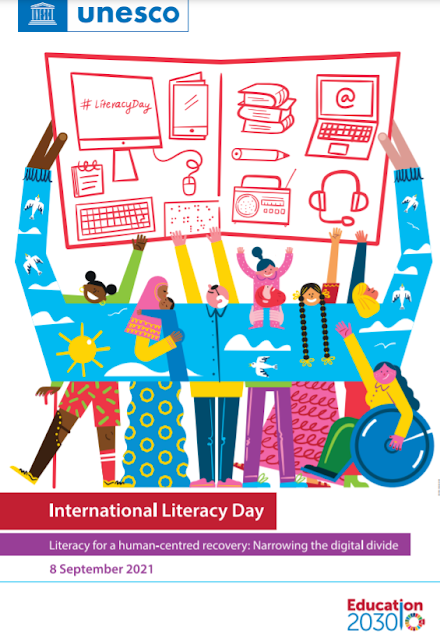The theme of the World Maritime Day 2021 is "Seafarers at the core of shipping’s future."
Interactive webinar featuring seafarers discussing shipping's future.
On World Maritime Day 2021, on 30 September, IMO will host a live webinar at 12.00 BST exploring the theme "Seafarers: at the core of shipping’s future". In addition to hearing from Secretary General Kitack Lim, attendees will hear from four seafarers about the following topics: diversity, safety, crew change and the environment.
The IMO headquarters will be lit blue on World Maritime Day, 30 September 2021, as part of efforts to highlight seafarers and their core role in shipping and its future. Going forward, the IMO building, including the Seafarer Memorial, will be bathed in blue light on each World Maritime Day as a symbolic initiative to unite the maritime community and raise awareness of the vital contribution of shipping to the world.
IMO Secretary-General Kitack Lim has also extended the invitation to IMO Member States, intergovernmental organizations and non-governmental organizations in consultative status to join in this annual initiative by lighting up their most iconic buildings, bridges, maritime ports, ships, monuments, museums and other landmarks on World Maritime Day each year.
Social media participation is encouraged, including via Twitter, to share images using the hashtag #WorldMaritimeDay . Photographs can also be sent to: media@imo.org














